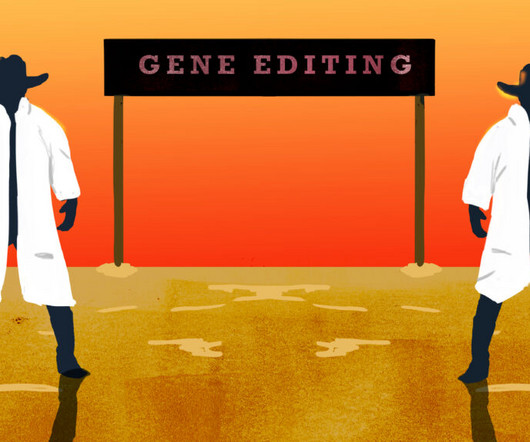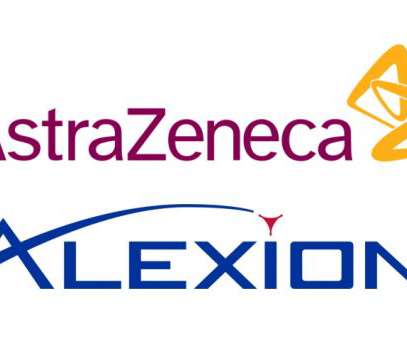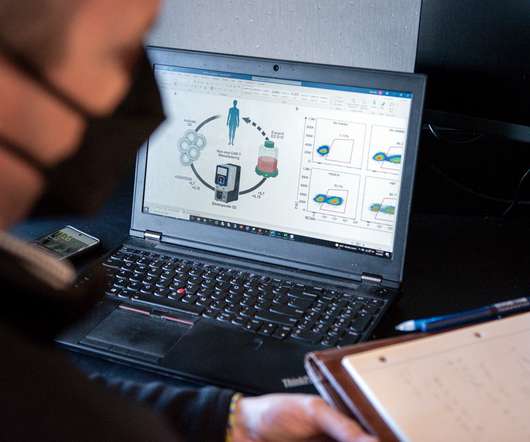Moderna partners with Life Edit for mRNA gene editing therapies
Pharmaceutical Technology
FEBRUARY 23, 2023
Moderna has entered a strategic research and development partnership with ElevateBio’s Life Edit Therapeutics to discover and develop new in-vivo mRNA gene editing therapies. The company’s nuclease collection includes several Protospacer Adjacent Motifs (PAMs), short sequences that help determine the genome’s DNA segments.














Let's personalize your content